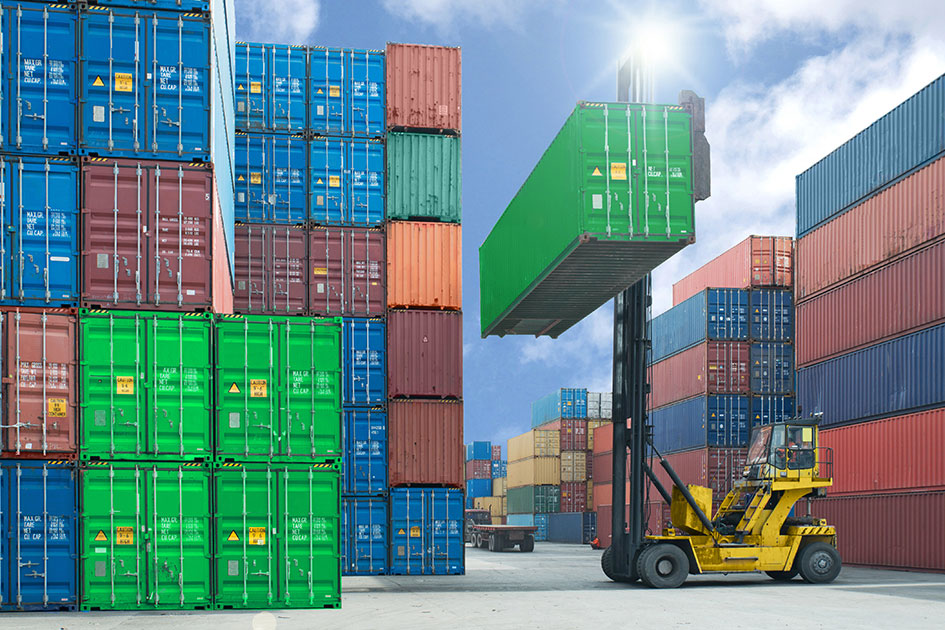Circular Economy
Economy-WideMaterial Flow Analysisand Indicators
Economy-wide material flow analysis depicts the material basis of a country or region. It measures the exchange between nature and the economy through trade with other economic regions.
This so-called "socio-industrial metabolism" is described by indicators for input, output, consumption, balance, and productivity.
The most comprehensive input indicator is the Total Material Requirement. It measures the domestic and foreign resource extraction, which is associated with the production and consumption activities of a country. The total material requirement includes both raw materials, which as such are further processed, and extractions for economic purposes, which are per se not further used (e.g. mining waste and excavation for infrastructures).

The "raw material productivity" (GDP/raw material consumption) indicator of the German Sustainability Strategy currently only measures abiotically used extraction and directly imported raw materials (see the progress report on "Integrated environmental and economic accounts"). Thus, the continuous shift of resource extraction to foreign countries via the import of semi-manufactured and final products is shown – misleadingly – as progress. The real primary resource requirements are not accounted for.
In the Sustainability Strategy, the German government has set the target of doubling the raw materials productivity by 2020 (base year 1994). The German Resource Efficiency Programme expressed the intention to also consider indirect resource flows via imports as well as used and unused extraction of primary materials. The Wuppertal Institute develops concrete options and suggestions to this end. Material flow analysis techniques are primarily employed in the Circular Economy Division's Circular Systems Research Unit.
Publi-cations
Here you find publications on economy-wide material flow analysis.
Related publications
Zeit für den Kurswechsel: hin zu einer klimagerechten ressourcenleichten Gesellschaft
Beitrag für die politische Debatte im Wahljahr 2021
Resource Targets in Europe and Worldwide
An overview published
Carbon Recycling for Renewable Materials and Energy Supply
Article published in the Journal of Industrial Ecology
Sustainable Resource Management
Global Trends, Visions and Policies
Resource Use in European Countries
An estimate of materials and waste streams in the Community, including imports and exports using the instrument of material flow analysis
Environmental Implications and Costs of Municipal Solid Waste-Derived Ethylene
Article in the Journal of Industrial Ecology
Projects
Here you find research activities in the field of economy-wide material flow analysis.
